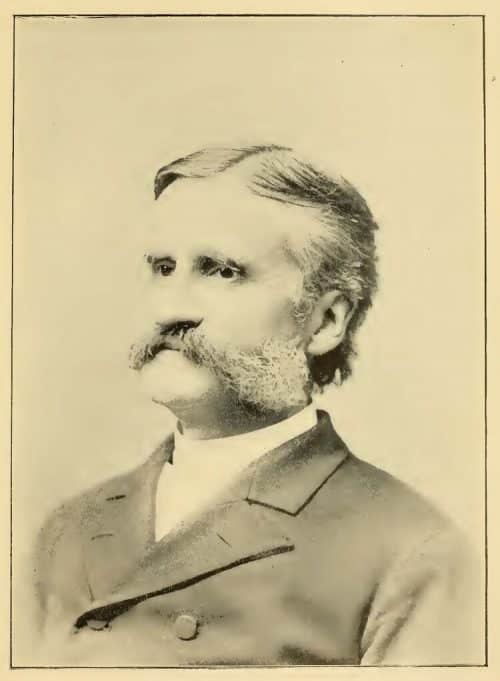Religion as a Medicine
The tempter will permit men to make use of religion as a medicine, a little in fainting fits, to relieve and recover them, but not as their daily food: not to be their diligent and constant practice. The crafty serpent will abuse the words of the Holy Spirit, “be not righteous over much.” As Judas said of the precious ointment poured upon our Saviour, “why was this waste?” so carnal men are apt to say, why these severe restraints from satisfying the natural appetites? Why such circumspection in our walking? Why keep the Lord’s day so religiously? Is it not enough to hear the sermons? May we not afterwards unbend, and enjoy free society, and recreate ourselves with carnal contentments? They do not believe that God is so strict in his commands, nor will be so exact in requiring an account for them: fond creatures to entertain such carnal conceits of God, to think him like themselves. They are apt to say, the ministers will fetter them all by imaginative rules of holiness unprescribed in the scriptures. For men would fain have the light, and the law that regulates them, to be suitable to their appetites and actions. But are we not commanded to imitate and honour our pattern, “to be holy as our heavenly Father is holy, in all manner of conversation?” Are we not enjoined to “work out our own salvation with fear and trembling; to cleanse ourselves from all pollutions of flesh and spirit, and to perfect holiness in the fear of God: to follow holiness with the most zealous and unsatisfied desires,” that, if it were possible, we might anticipate heaven on earth? Can there be any excuse for neglecting these holy duties? William Bates, The Whole Works of the Rev. William Bates, ed. W. Farmer, vol. 4 (Harrisonburg, VA: Sprinkle Publications, 1990), 127–128.
